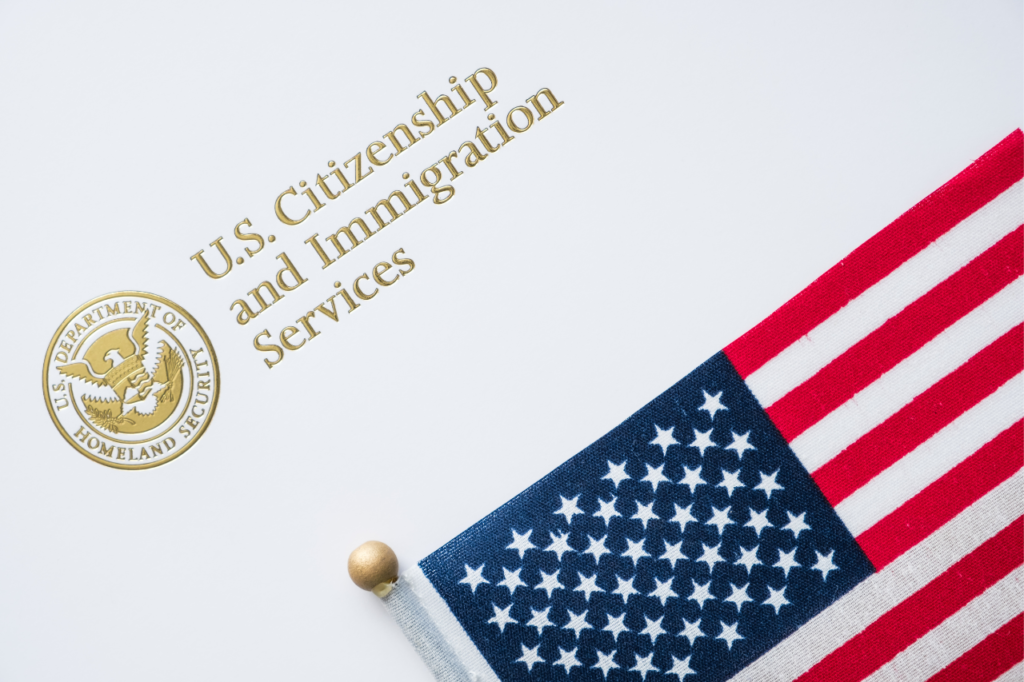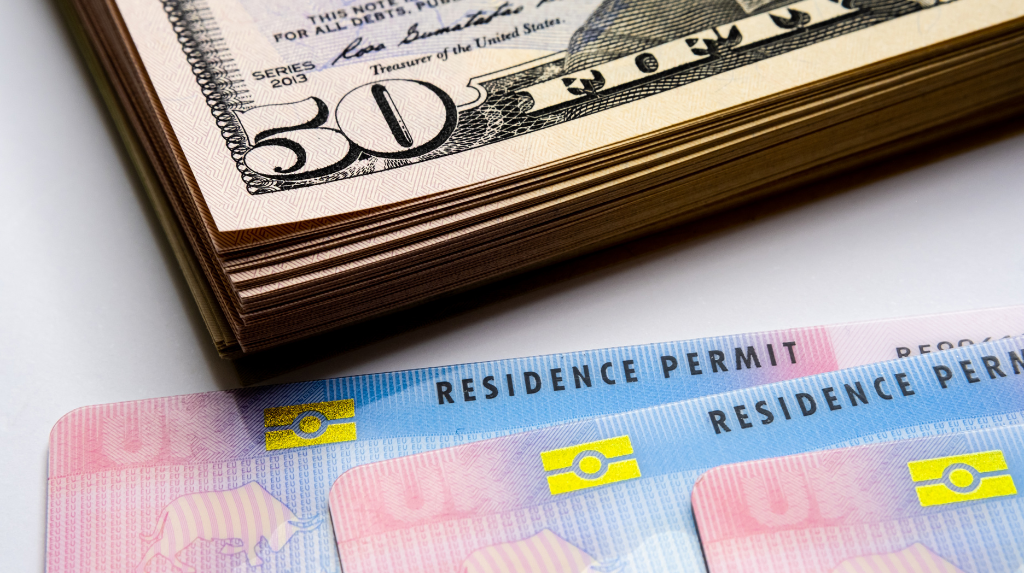How Criminal Records Impact U.S. Citizenship
If you are a green card holder, who is willing to become a naturalized U.S. citizen, you would like to know how your criminal records will affect you. While it is sometimes possible to naturalize despite various shortcomings like a good moral character, this article narrows down its discussion on crimes and legal violations that […]
How Criminal Records Impact U.S. Citizenship Read More »










